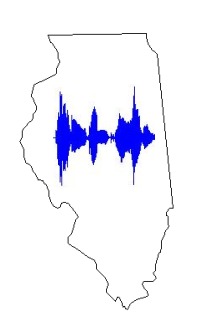Lenore Grenoble and Jerry Sadock received an NSF grant this summer to continue their work on West Greenlandic. The title and abstract of the project is given below. Congratulations!
- The lexicon of a polysynthetic language (#1056497)
West Greenlandic, the national language of Greenland, is an Inuit language closely related to other Inuit languages spoken in Alaska and Canada today. Like many other North American languages, it is characterized by extreme polysynthesis: its words are not fixed in form or content, but are productively constructed out of roots and suffixes. Concepts which are encoded as separate words in English tend to be combined into one very long word in polysynthetic languages. This raises very fundamental theoretical questions as to what status the notion of a word has in grammatical theory, what are the limits of word-formation processes in polysynthetic languages, and how we understand concepts like clause and sentence in such a language. The different Inuit languages lexicalize these forms to varying degrees; Greenlandic exhibits relatively little lexicalization of such forms, leading to the issue of which should be included in a dictionary and which can be understood by understanding their individual parts (much as sentences are not included in an English dictionary but certain set phrases are). This project addresses these fundamental issues through the development of a Greenlandic-English digital lexicon and aims to make significant progress in our understanding of how such forms are created, including the underlying processes of word formation and lexicalization and how these interact with grammar. The digital format of the lexicon will enable us to include texts which show the linkage of such sentence-like words into larger discourse units and how they are anchored to the context in which they are produced. This line of inquiry will produce major insights into our understanding of the range of human linguistic diversity and the capacity of linguistic production and processing. This research project will benefit from collaborative contributions from Greenlandic researchers who, in the context of this international collaboration, will also contribute to the valuable graduate training opportunities that this project will provide in fieldwork and linguistic analysis.

